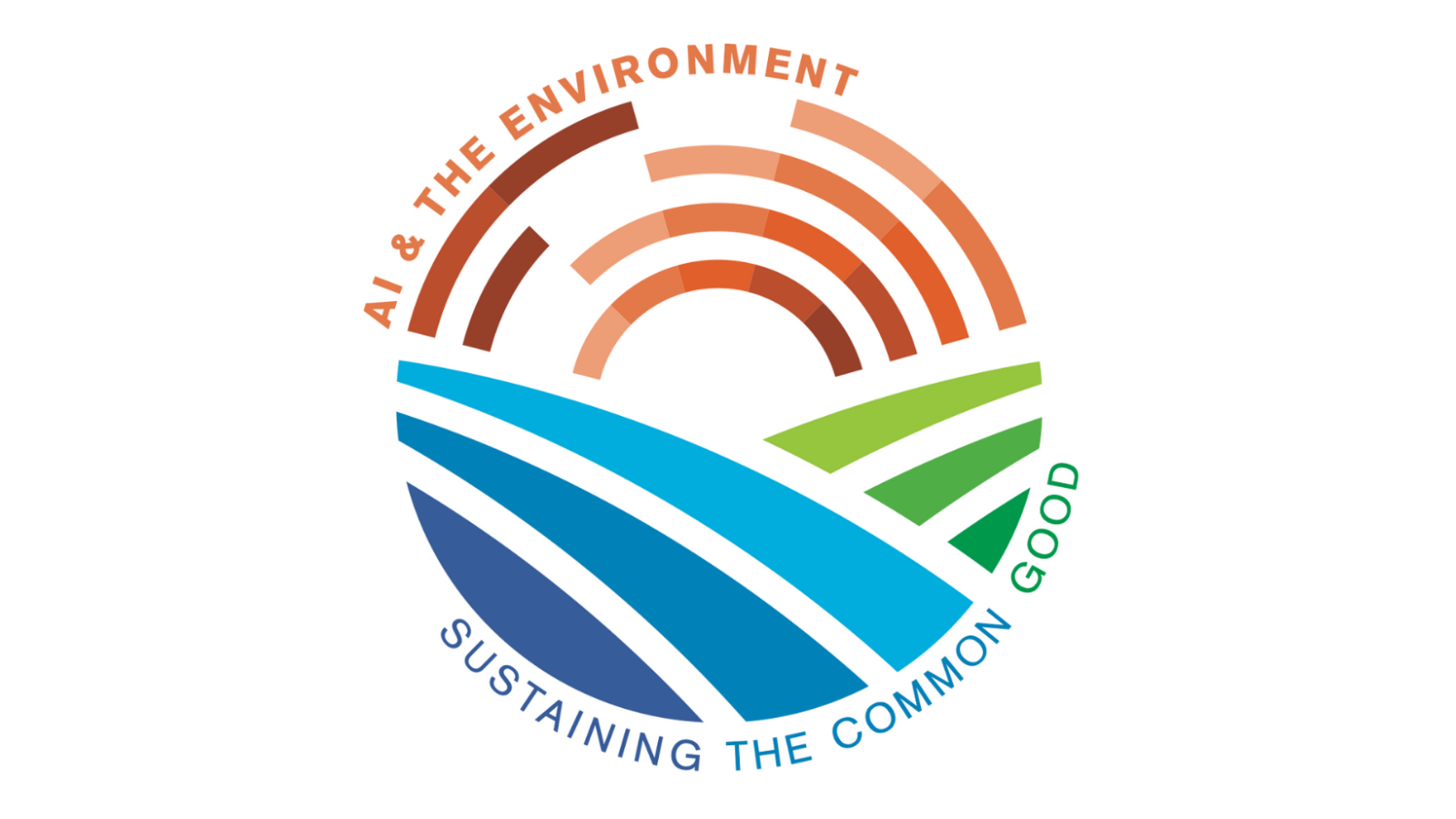An Ethics Case Study
One of the best ways to accomplish a large or difficult task is to divide it into smaller ones and assign each to different people. This idea was expressed at least as long ago as Plato in Book Two of the Republic. With the rise of the Internet in general and social media in particular, people seeking to solve problems have made extensive use of what we now call crowdsourcing: putting their problem or request on the Internet for selfselected volunteers to tackle. From raising donations to folding proteins, crowdsourcing has been extremely effective.
Criminal investigators often appeal to the masses to help solve cases. Wanted posters could be thought of as an early form of crowdsourcing. But in a world where many people have digital cameras with them at all times, the level of casual surveillance has grown beyond anything people imagined even 20 years ago. A case in point is the bombing on 15 April at the 2013 Boston Marathon. According to a story in the Washington Post (20 April 2013), FBI investigators received thousands of leads in the form of eyewitness accounts, still photos, and videos that allowed dozens of investigators to narrow the search to two suspects. Meanwhile, amateur sleuths were conducting their own parallel investigation on Reddit.com, concocting theories from compiled photos and videos. In the race to be the first to identify the bomber or bombers, Internet vigilantes spread several theories, all of them, it turns out, fingering the wrong people. News media picked up on the Reddit posts and tweets, spreading images and false accusations to an even broader public. The FBI, in an effort to stave off what was turning into a witch-hunt, released pictures of their two leading suspects. Within an hour, social media falsely identified Suspect #2 as Sunil Tripathi, a Brown University student. Ironically, Sunil's parents had innocently posted information on social media to help locate him, because he had been missing since 16 March. Instead of finding their missing son, they found themselves at the center of a media circus and bombarded with hate messages.
Reddit issued an apology for its role in what had happened, and many contributors expressed regrets. According to a BBC story (19 April 2013), one Redditor called the discussion thread "a disaster that has done more harm than good. It ended up an epicenter of unstoppable finger-pointing and wild conjecture. And worst of all the mainstream media leapt on the information here like hungry hyenas. Unreliable crowd-sourced material plus the media's ravenous desire for fresh information has proved a disgusting mix. Let's never ever do this again."
The Intercollegiate Ethics Bowlsm cases are published by The American Association for Practical and Professional Ethics and may be used only with permission. For further information contact: APPE, Tel: (812) 855-6450; E-mail: appe@indiana.edu



